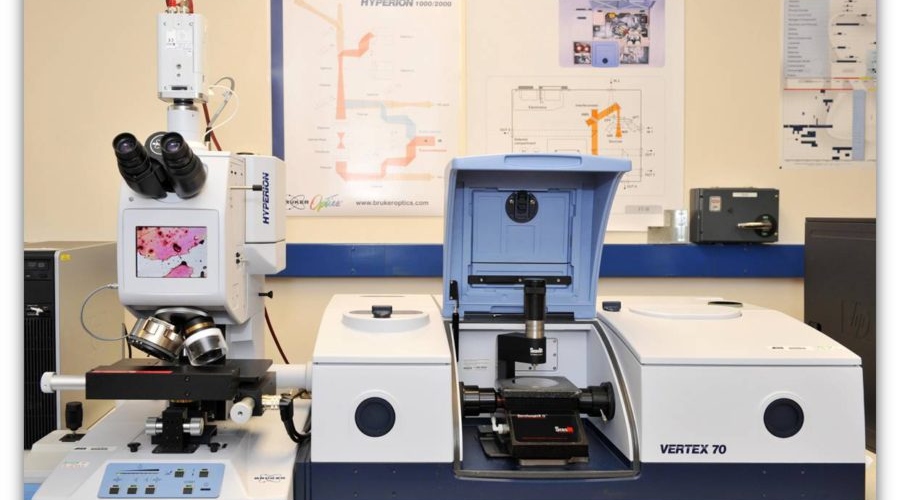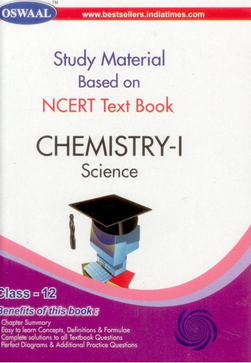A major in chemistry or biomedical chemistry is an excellent choice for undergraduate students interested in research, medical school or chemistry education. There are many different classes available for chemistry students, with a wide range of subjects covering everything from oncological chemistry to chemical instrumentation. Many of these classes offer valuable experience for undergraduate students. However, chemical instrumentation is especially useful and I would highly recommend that one take it. Why would I suggest that? Read on!
General Chemistry covers basic chemistry concepts, Organic covers carbon chemistry and reaction mechanisms, and Chemical Instrumentation covers the machines, devices, and analyzing methods commonly used in chemistry research settings. Nuclear Magnetic Resonance (NMR), UV-Vis, Gas Chromatography (GC), Atomic Emission, High Pressure Liquid Chromatograph (HPLC), Wheatstone Bridge, even FTIR and PE ICE are commonly covered in this course. Generally, it is divided into a lab and a lecture, with the lecture covering the concepts behind each machine and analysis method, and the lab covering the actual usage and operation of the device(s).

One of the greatest things about Chemical Instrumentation is once you have taken the course, you can approach many different types of scientific devices with a basic understanding its inner workings, regardless if you have handled one before. The overall ideas behind the machines and their circuits, noise, electromagnetic waves, frequency, instrumentation, least-squares, detectors, signal enhancement, and much, much more. From this understanding comes a pretty decent grasp of chemistry machinery, be it in lab or in other environments.
The sheer amount of material covered in an average Chemical Instrumentation lecture can sometimes be intimidating. However, paying attention in class and immediately reviewing your notes will ensure you stay up to date on the subject matter and don’t fall behind. Honestly, the material it self is not as difficult as, say, Physical Chemistry, but there is just a lot of information being thrown at you. The subject material may feel a little dry at times, but the laboratory work and projects really make up for it. Be sure to find a good lab partner and enjoy the class!
Chemical Instrumentation is a great course for chemistry and other science majors. The material taught is invaluable for those planning on working in a lab, be it as a physician or scientist, and offers a lot of very useful technological information. Talk to your science advisor regarding this course and consider giving it a shot!











Comments are closed.